The relationship between the executive and the judiciary in India has always been complex, often marred by conflicts that test the country’s democratic framework. While the Constitution outlines a clear separation of powers, disputes over jurisdiction, authority, and policy decisions frequently create tensions between these two crucial pillars of governance. The current scenario, marked by an increasing lack of trust and communication between the judiciary and the executive, calls for reflection on the leadership of figures like Hansraj Bharadwaj. As India’s longest-serving Law Minister, Bharadwaj was instrumental in fostering dialogue, respect, and institutional cooperation between the executive and the judiciary, ensuring that both functioned harmoniously within the democratic system.
India’s Constitution is built on the principle of separation of powers, ensuring that the executive, legislature, and judiciary operate independently while maintaining necessary checks and balances. The executive, led by the Prime Minister and the President, is responsible for governance and policy-making, while the judiciary, headed by the Supreme Court, interprets laws and ensures that government actions comply with constitutional provisions.
However, despite this well-defined framework, friction between the judiciary and the executive has been a recurring theme in India’s history. Judicial appointments, interpretation of constitutional provisions, and legal challenges to executive policies have often been sources of contention.
One of the most persistent issues is the appointment of judges. Under the collegium system, the judiciary holds the final authority in recommending and appointing judges to higher courts. However, the executive also plays a role in the process, leading to disagreements and delays that sometimes hinder judicial efficiency. The executive has frequently expressed concerns over the lack of transparency in the collegium system, while the judiciary has resisted executive interference, citing the need to uphold judicial independence.
Another major area of conflict arises when courts strike down executive actions or laws, citing constitutional violations. While the judiciary is tasked with protecting fundamental rights and ensuring legal compliance, the executive sometimes views such rulings as judicial overreach that limits its ability to govern effectively. These tensions, if not addressed through constructive dialogue, can erode trust between the two institutions and impact governance.
Hansraj Bharadwaj, a seasoned lawyer and politician, recognized the importance of maintaining a collaborative relationship between the executive and the judiciary. As Law Minister, he played a crucial role in bridging the gap between these institutions, ensuring that conflicts were managed with diplomacy and mutual respect. Bharadwaj believed in open communication and consultation. Unlike many of his successors, who allowed tensions to escalate into full-blown conflicts, he actively engaged with judges, legal experts, and executive officials to address concerns and find common ground. His approach was rooted in the belief that disagreements should be resolved through discussion rather than confrontation.
During his tenure, Bharadwaj spearheaded several legal reforms aimed at enhancing judicial efficiency and transparency. Recognizing the need for a robust judiciary to uphold democracy, he advocated for streamlined judicial appointment processes, fair selection criteria for judges, and measures to reduce bureaucratic delays. His efforts ensured that judicial appointments were based on merit rather than political influence.
Beyond the appointment process, Bharadwaj also championed judicial accountability while preserving judicial independence. He firmly believed that judges should be empowered to make impartial decisions but should also be held accountable for their rulings. His balanced approach helped foster a legal environment where both the executive and the judiciary could function with mutual respect and cooperation.
One of Bharadwaj’s most remarkable qualities was his ability to handle conflicts with diplomacy. Unlike the present-day confrontational approach, he tackled executive-judicial disputes with patience and strategic negotiation. His tenure saw several instances where tensions were diffused through well-calibrated discussions rather than public confrontations.
A key aspect of his leadership was his firm stance against politically motivated attacks on the judiciary. Today, judicial independence faces significant threats from vested interest groups that attempt to influence rulings through public pressure and media narratives. Bharadwaj’s tenure serves as a lesson in how such challenges can be addressed without compromising the dignity of institutions. The legal fraternity must take inspiration from his leadership in upholding the integrity of the judicial system.
Despite Bharadwaj’s contributions, conflicts between the executive and judiciary have only intensified in recent years. Judicial appointments continue to be a contentious issue, with growing concerns over transparency and accountability. The judiciary’s increasing intervention in policy matters has led to accusations of judicial activism, while the executive’s attempts to influence judicial decisions have sparked fears of judicial erosion.
The growing politicization of legal institutions poses a significant threat to India’s democratic framework. Bharadwaj’s tenure reminds us that democracy thrives not in conflict but in consensus. His leadership exemplifies how disputes can be managed without undermining institutional integrity or creating a constitutional crisis. Today, as we commemorate his birth anniversary, it is evident that his legacy has not been upheld by subsequent governments, whether under the UPA or the NDA. The spirit of cooperation that he nurtured has been replaced by deep-seated distrust and power struggles between the judiciary and the executive.
India needs leaders like HR Bharadwaj now more than ever—leaders who understand that a functioning democracy depends on collaboration between its institutions. The executive and the judiciary must work as partners in governance rather than as adversaries locked in constant battle. The lessons from Bharadwaj’s tenure are clear, namely Dialogue Over Confrontation, Judicial Independence with Accountability, Legal Reforms for Transparency, Depoliticization of Institutions..








 OpinionExpress.In
OpinionExpress.In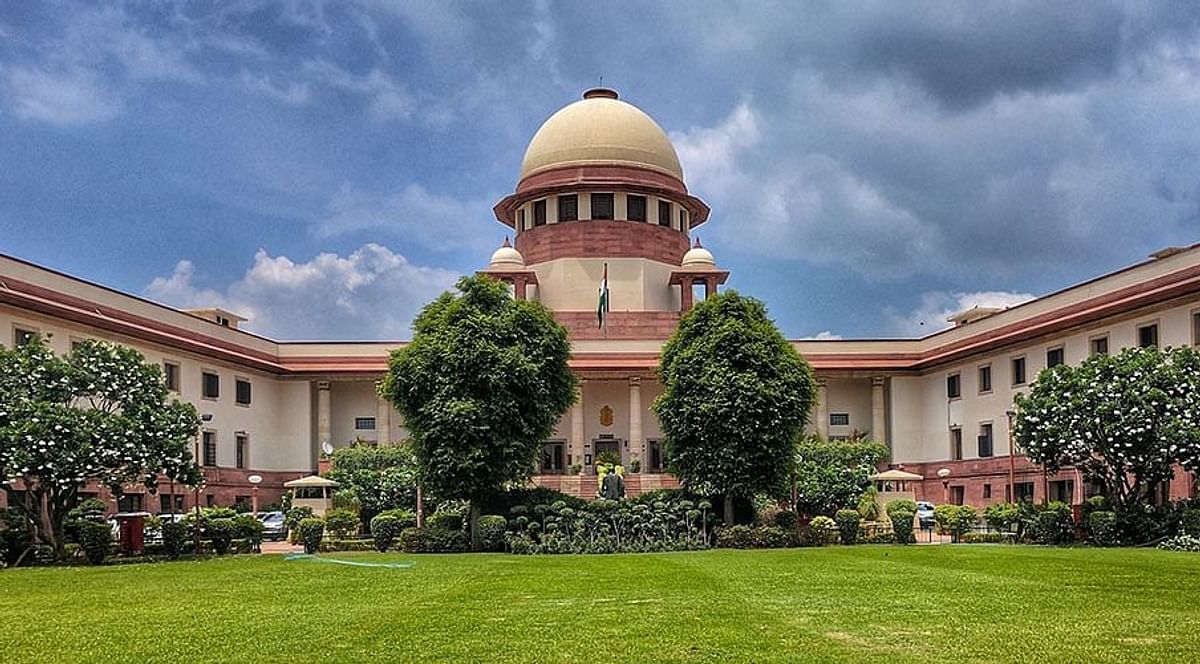
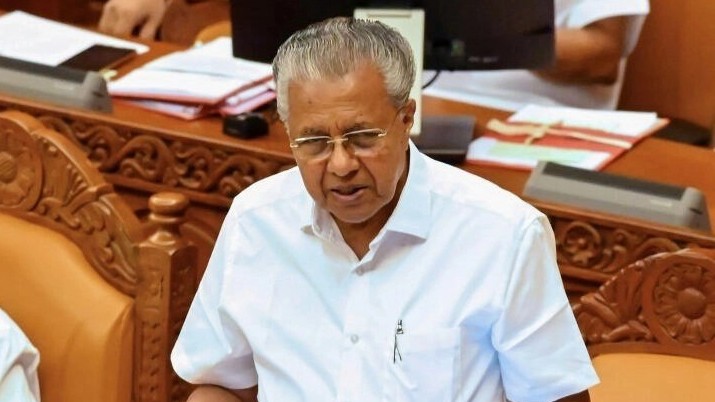
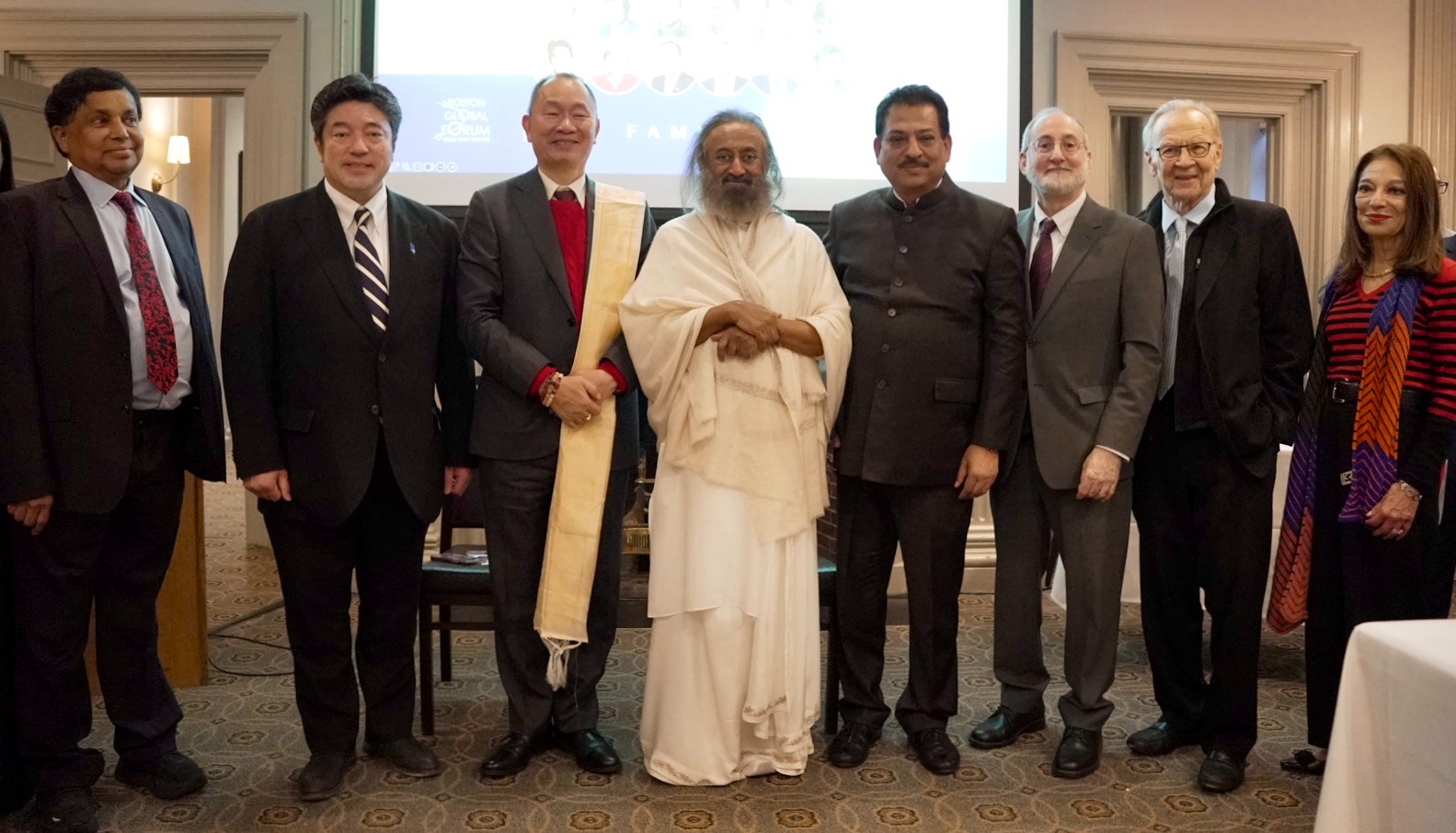
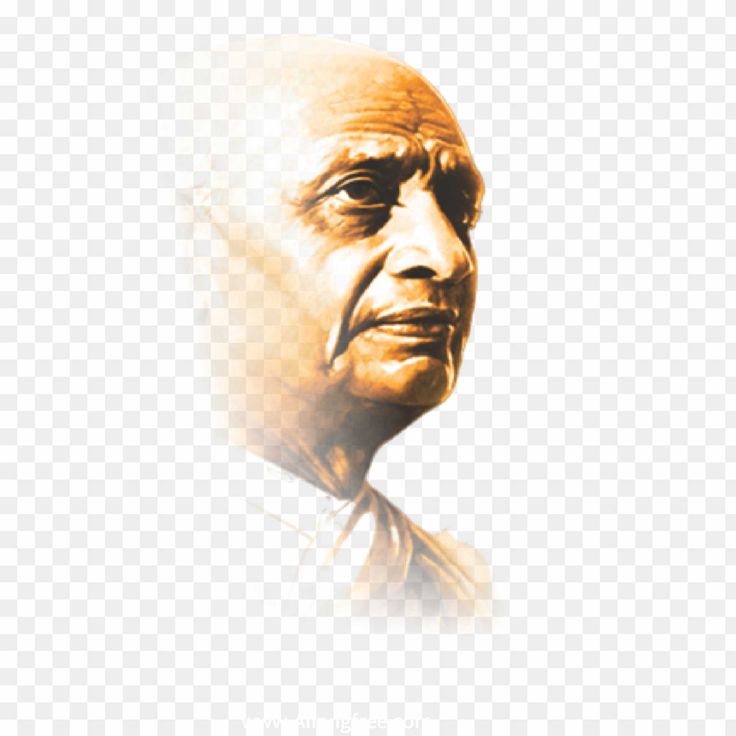
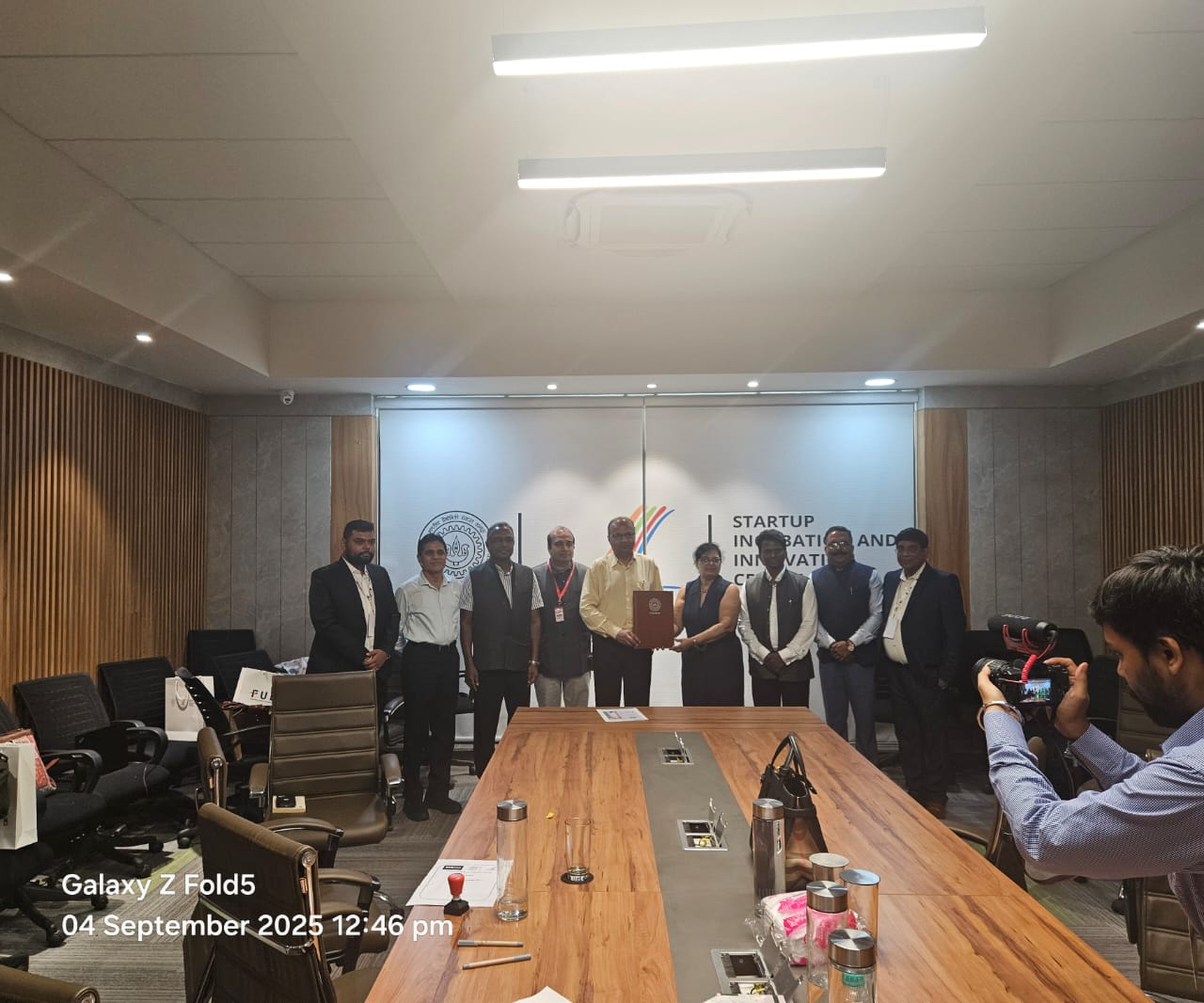
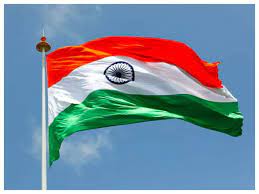










Comments (0)